IGCSE Global Citizenship: Theme 1
1/41
There's no tags or description
Looks like no tags are added yet.
Name | Mastery | Learn | Test | Matching | Spaced | Call with Kai |
|---|
No analytics yet
Send a link to your students to track their progress
42 Terms
Democracy
Rule by the people
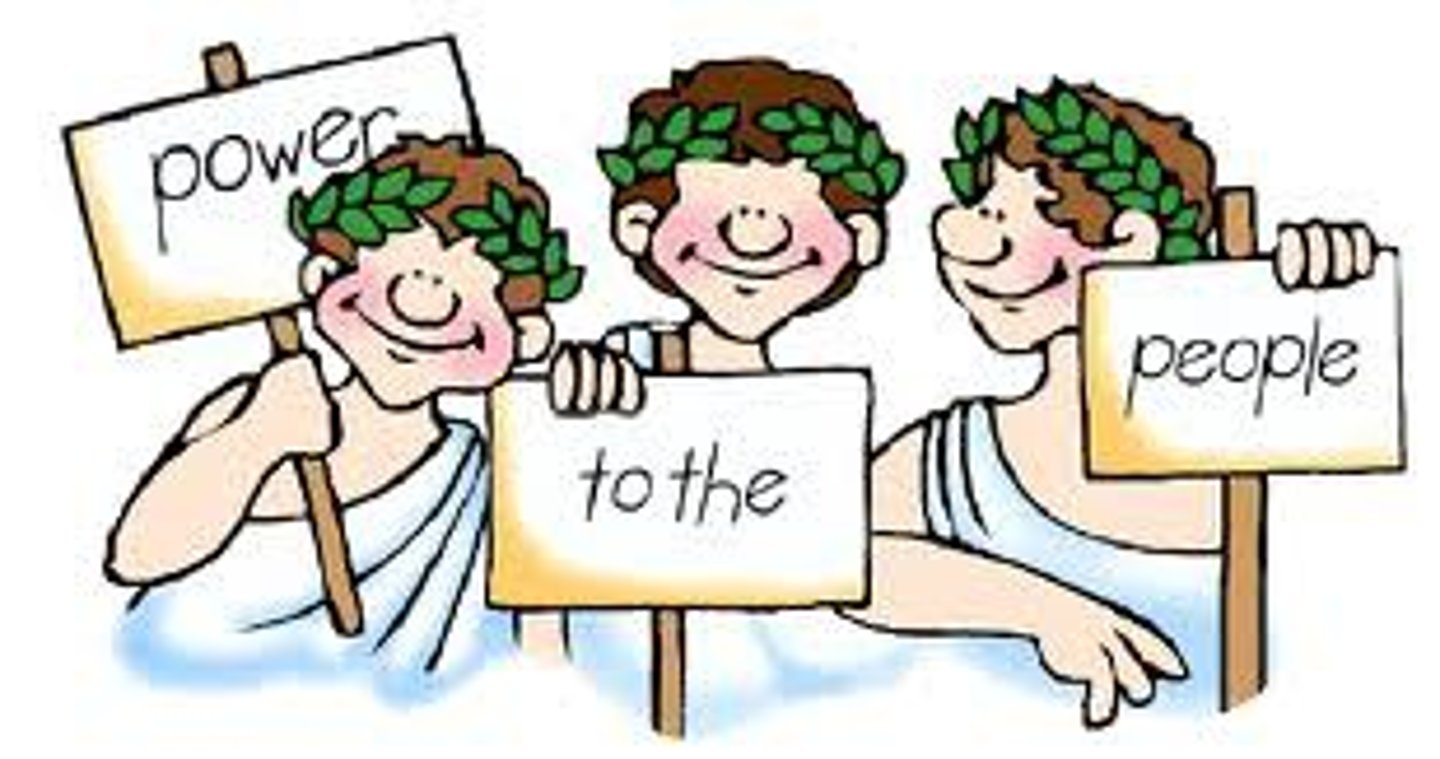
Direct democracy
Decisions are made directly
Representative democracy
Decisions are made when people vote for an elected representative
Advantages of democracy
Freedom of speech, equality, rights
Disadvantages of democracy
Preferences may not fit everyone, people can take advantage of democracy, decisions can take a long time to make
Sovereignty
A state's ability to govern itself without interference from other nation states
Sovereign
The power within a nation state
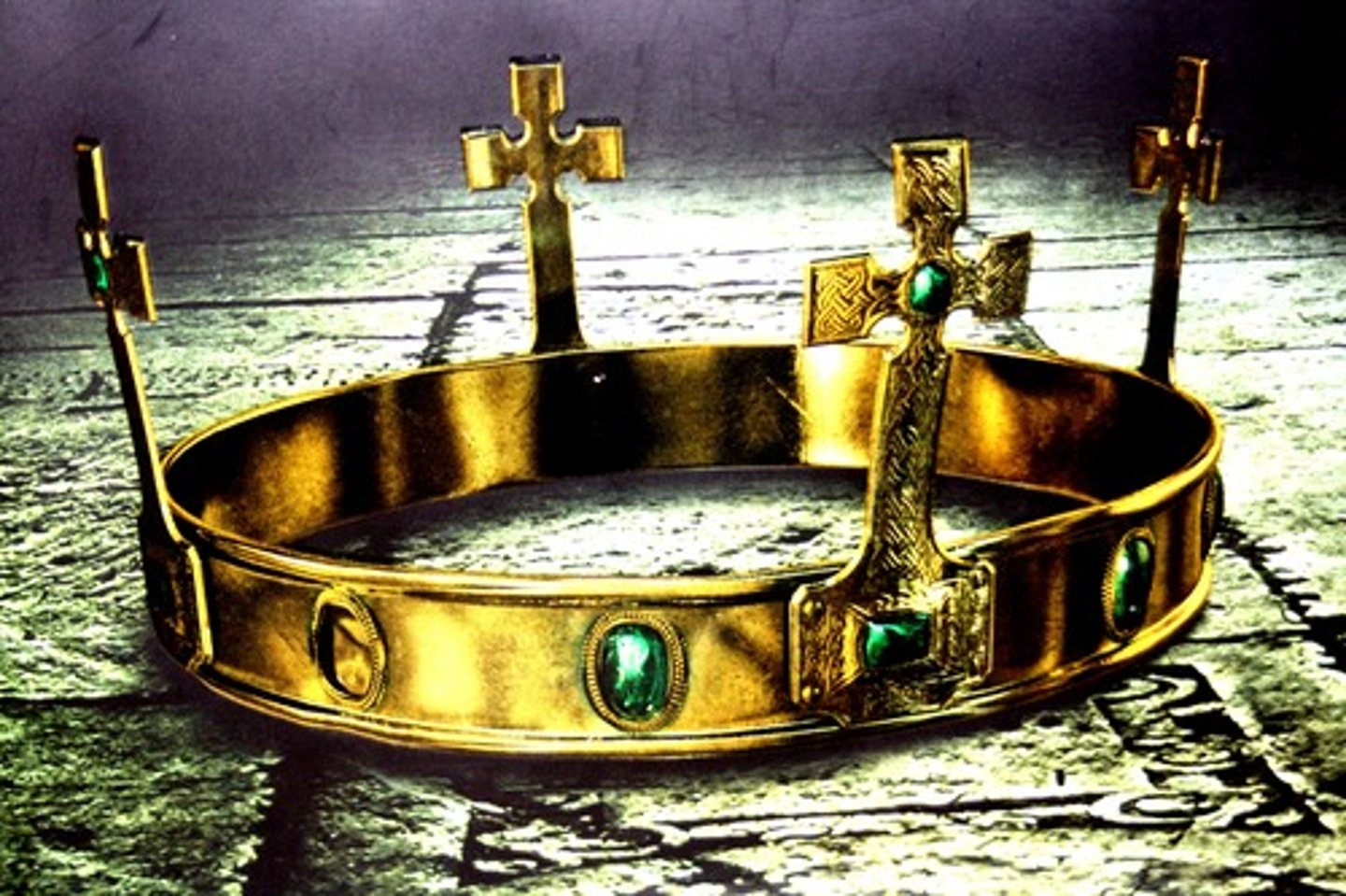
State
An area that a sovereign has control over
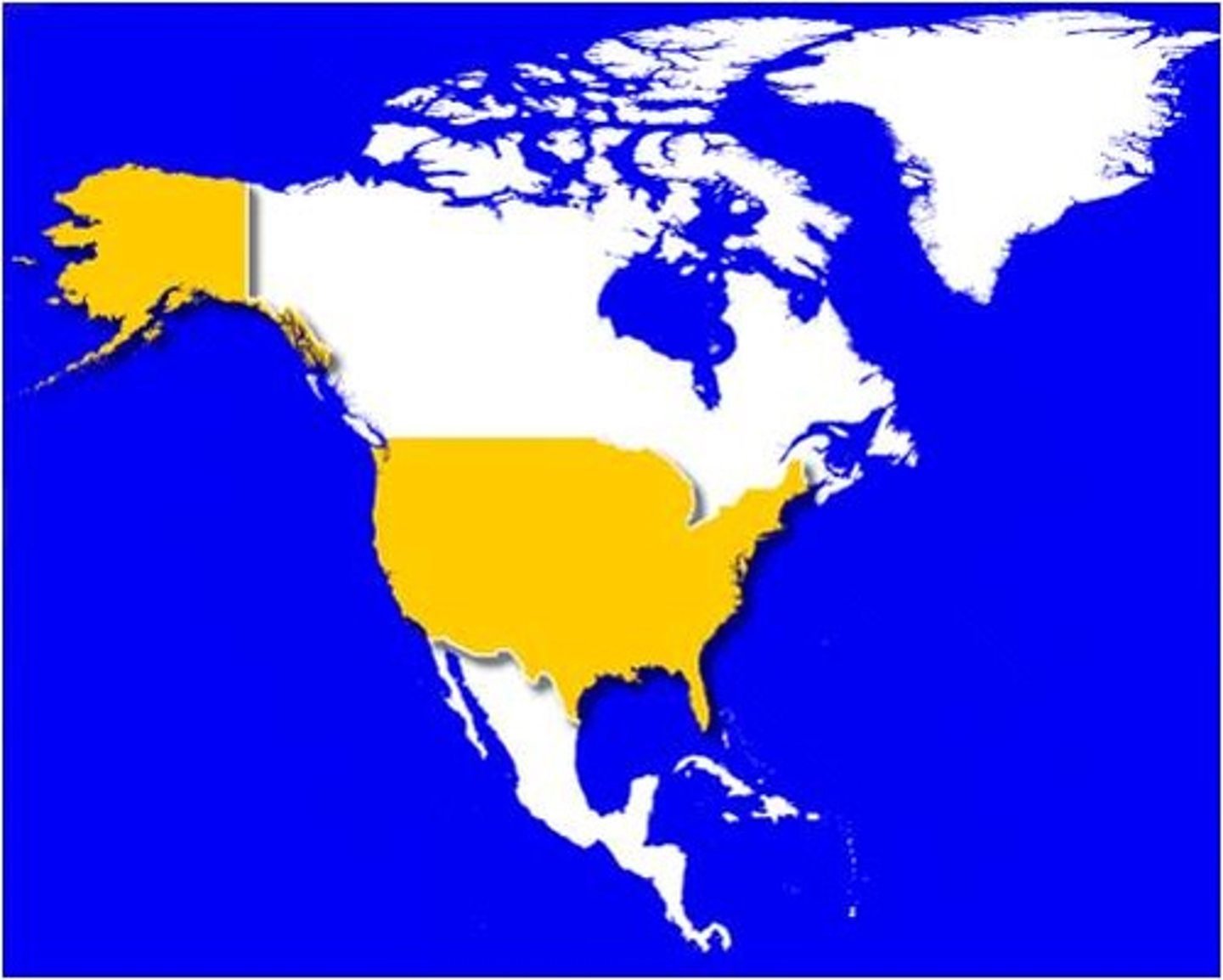
Nation
A territorialised group that lacks sovereignity
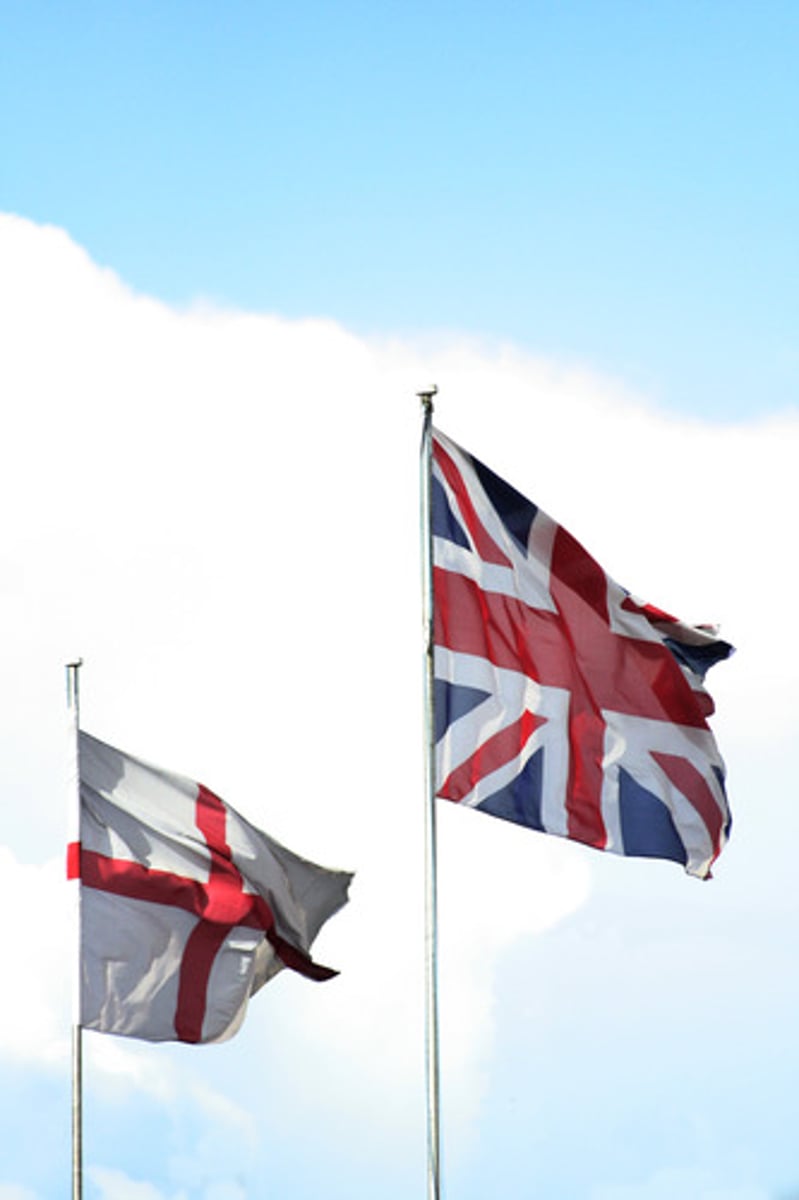
Nation state
A state no country has power over and where the people have a common identity
Hard power
To force nations to cooperate using economic or military might

Soft power
To shape what others want through attracting them with culture, ideology and institution
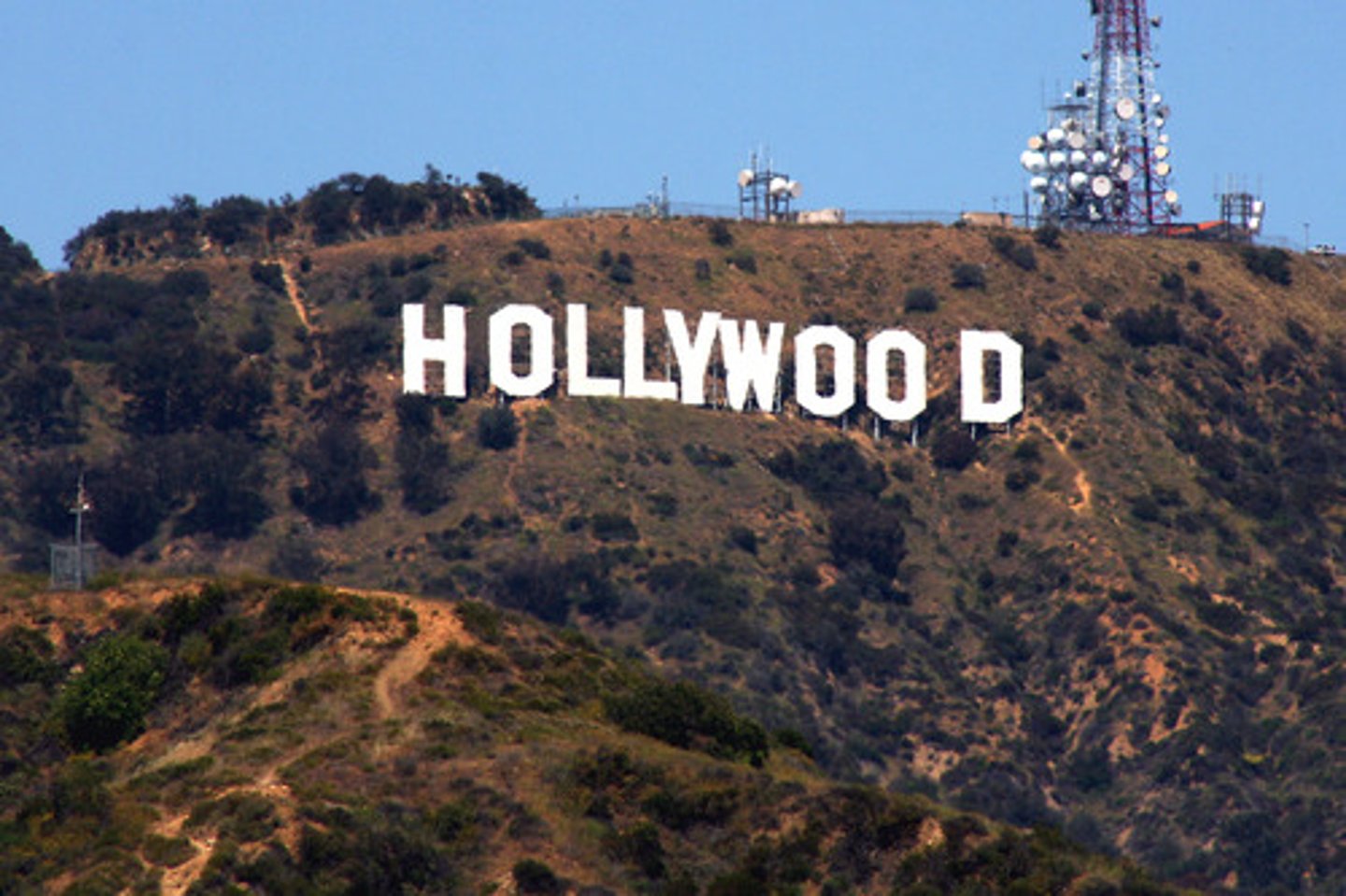
Legitimacy
The ability for a government to run a country properly
Globalization
Products influence connections with countries
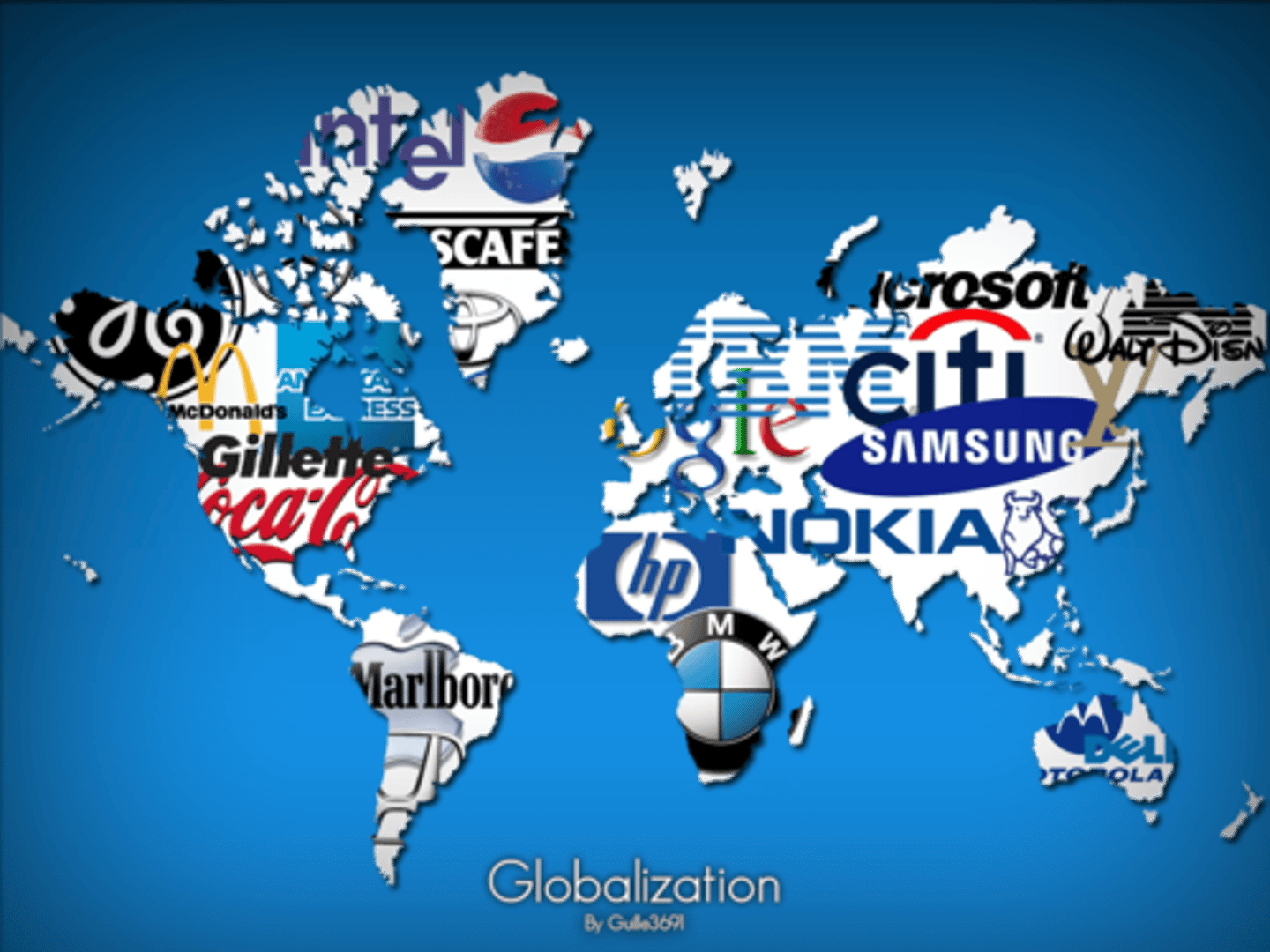
Transparency
Fighting corruption and holding officials of a government accountable - laws and decisions may be seen as transparent
Rule of Law
A government is forced to follow a law despite governing, this is to limit power
Decentralization
Power is moved from national governments to regions
Autocracy
A person has all the power
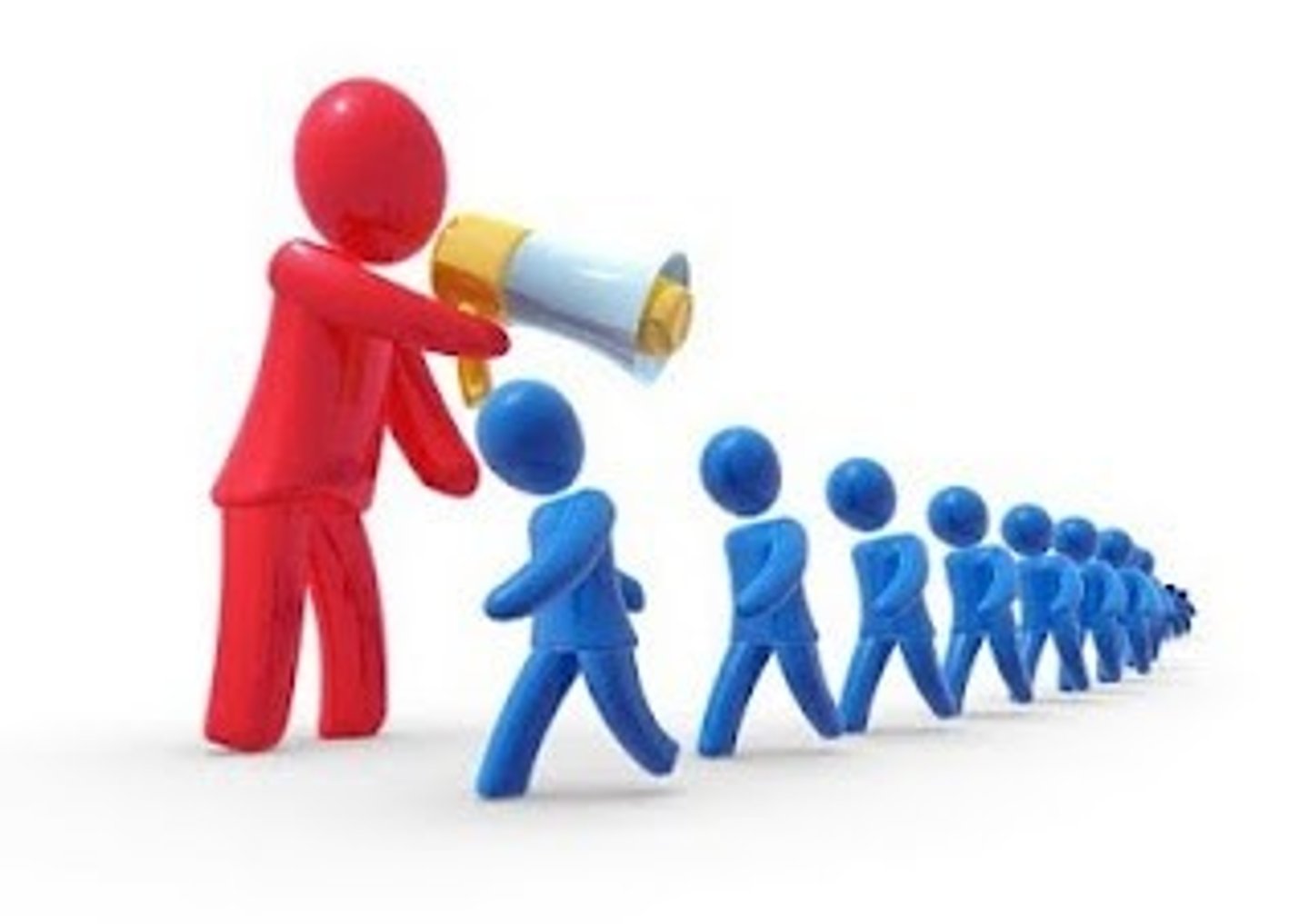
Absolute Monarchy
A king or queen has all power
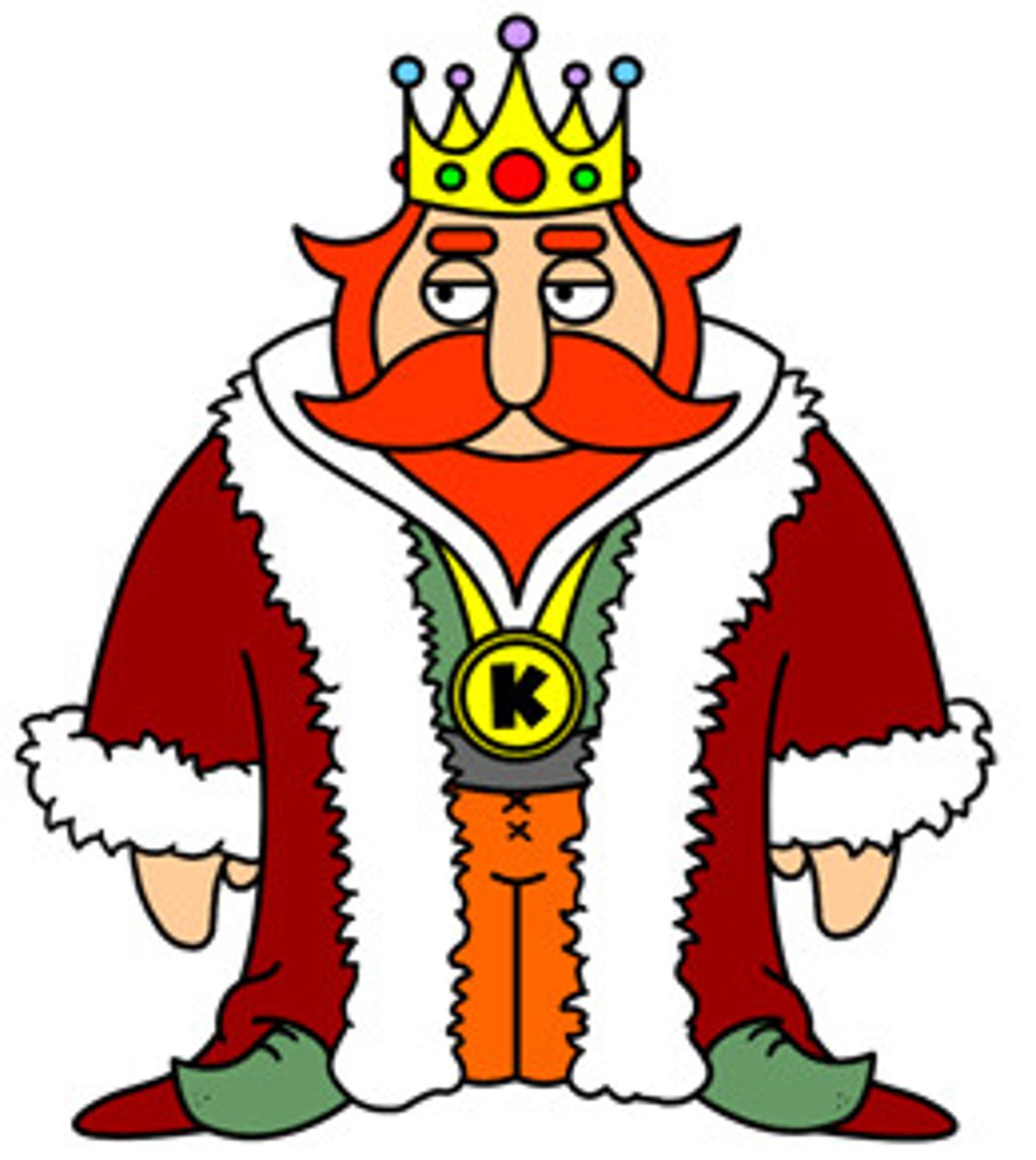
Constitutional Monarchy
A king or queen shares power with other parts of a government
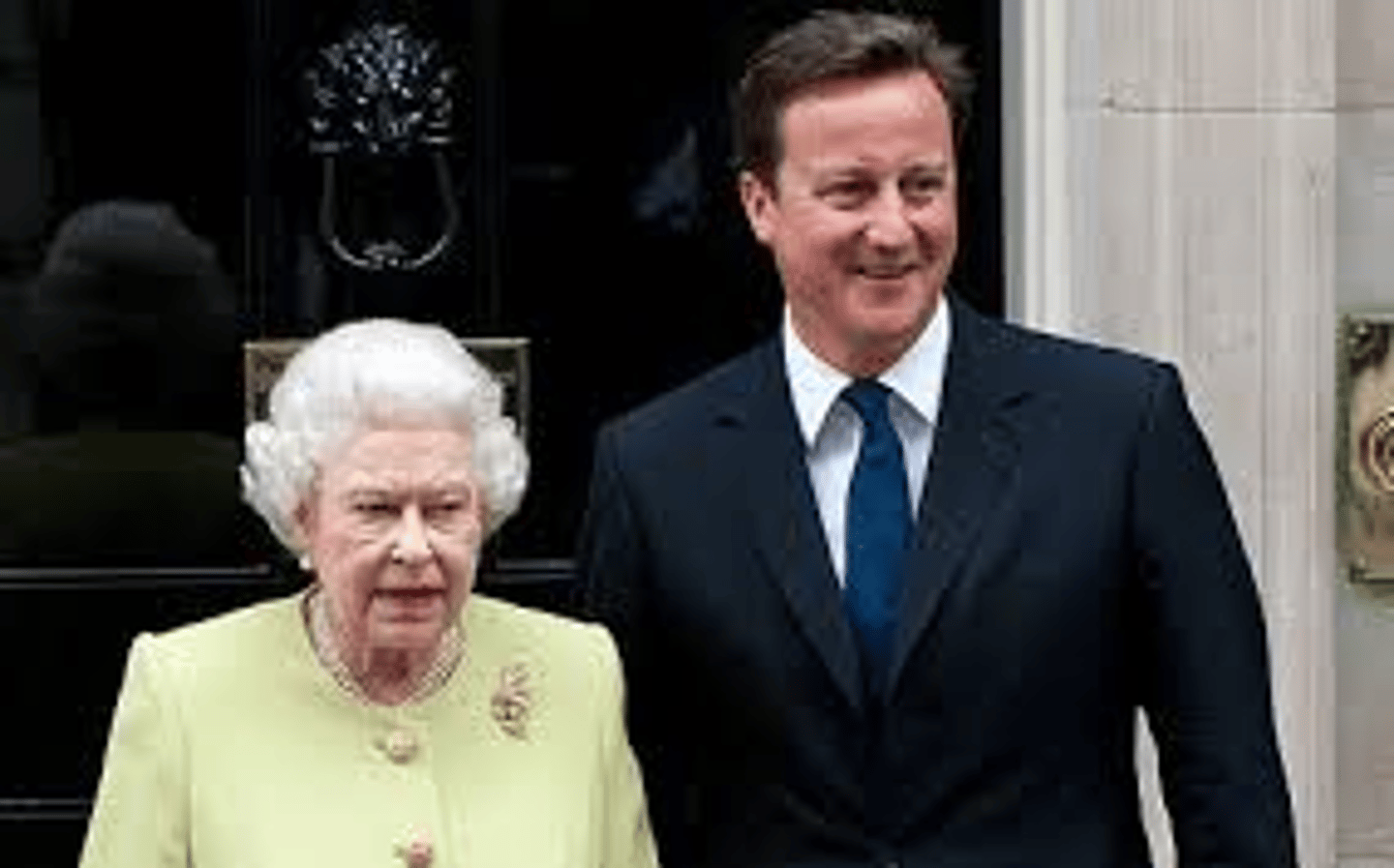
Dictatorship
One person has absolute power over citizens and constitution
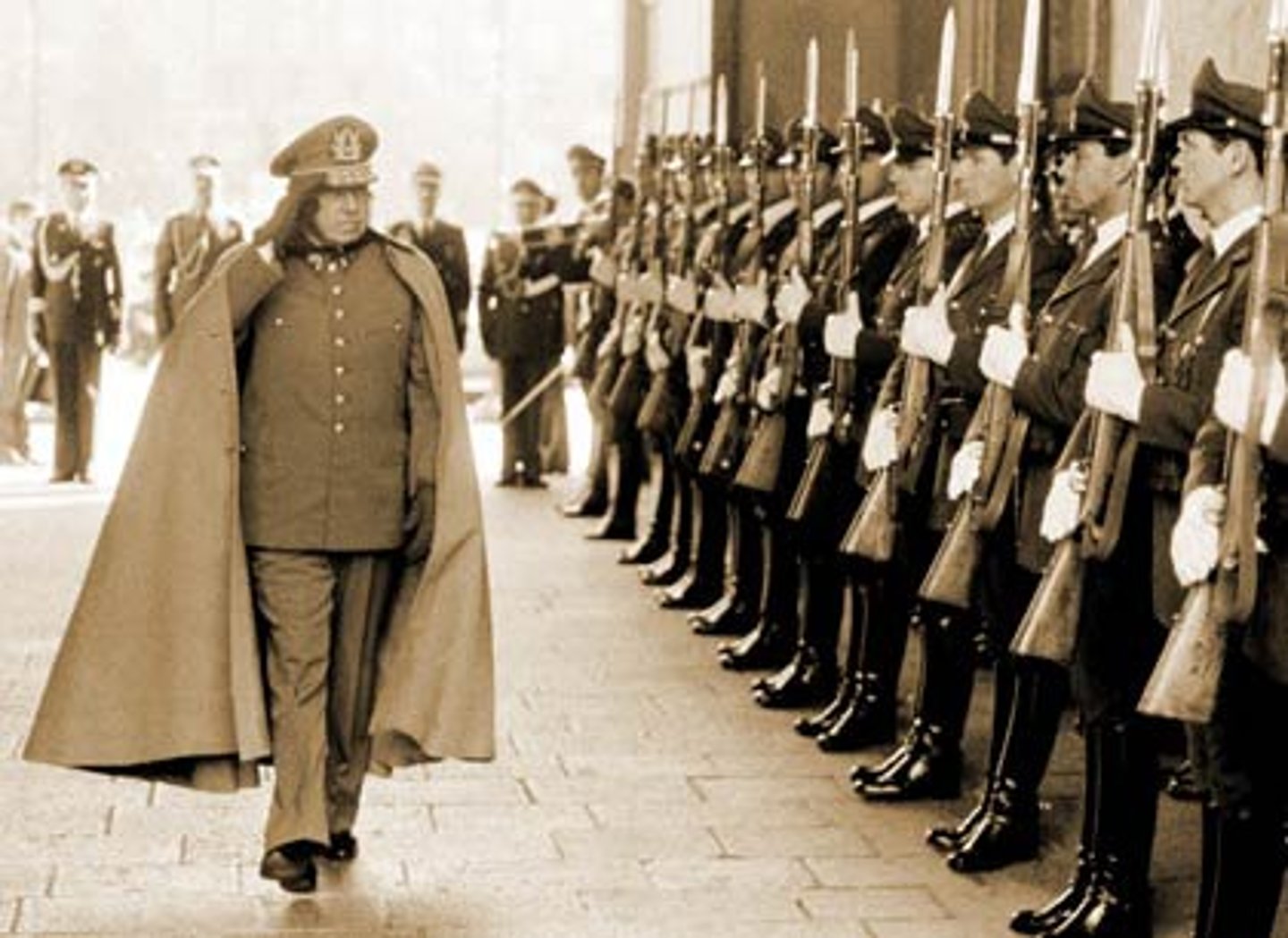
Oligarchy
Few people have power
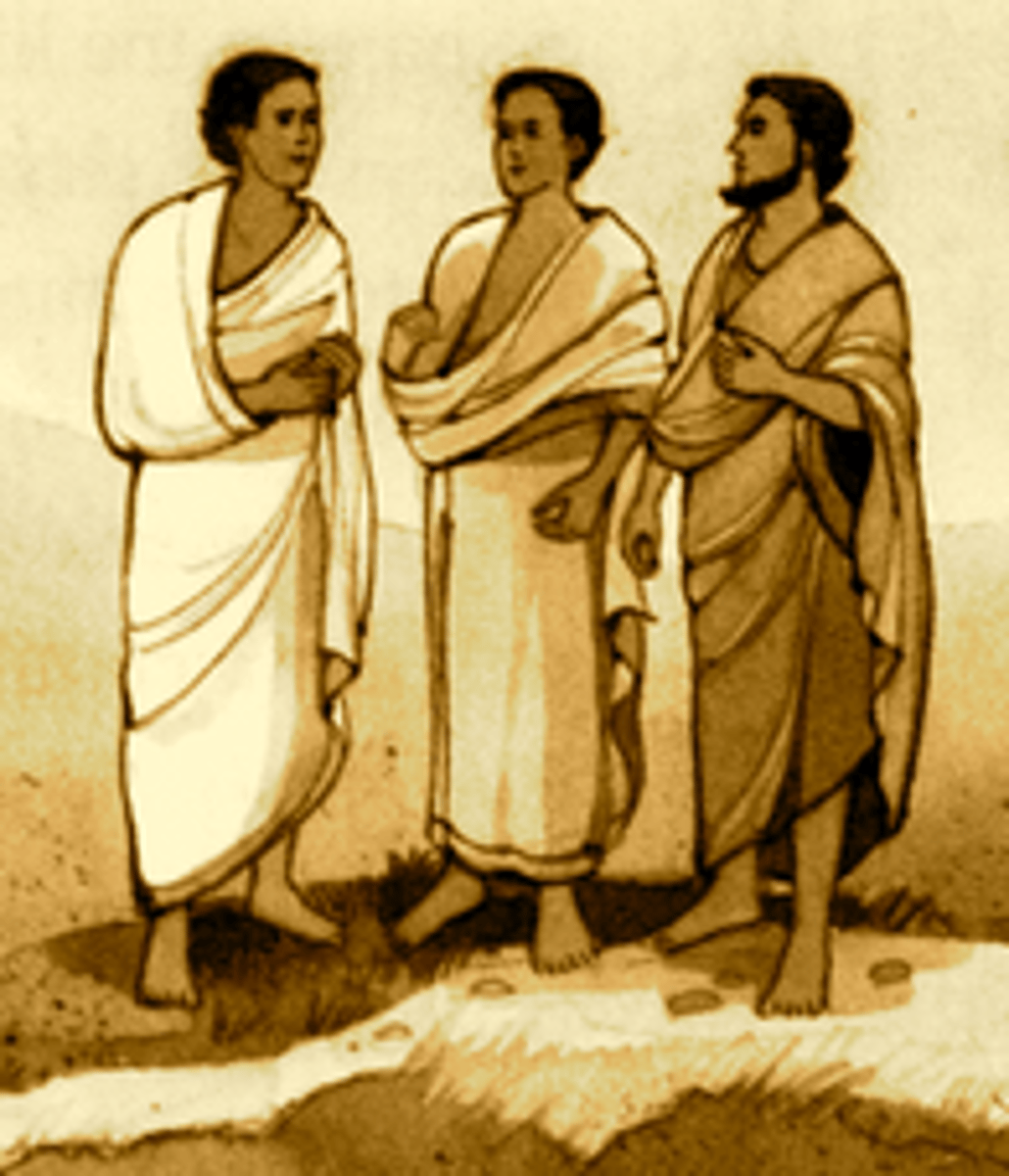
Theocracy
God has ultimate power
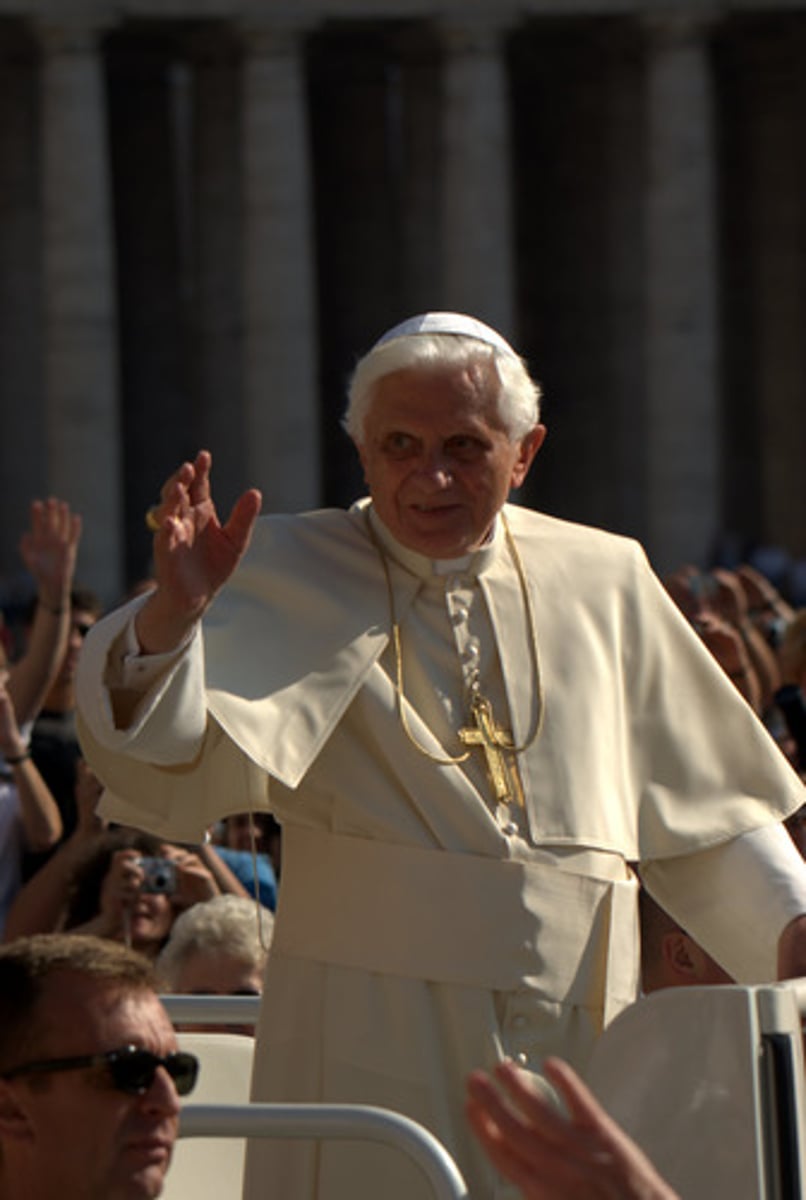
Anarchy
No government
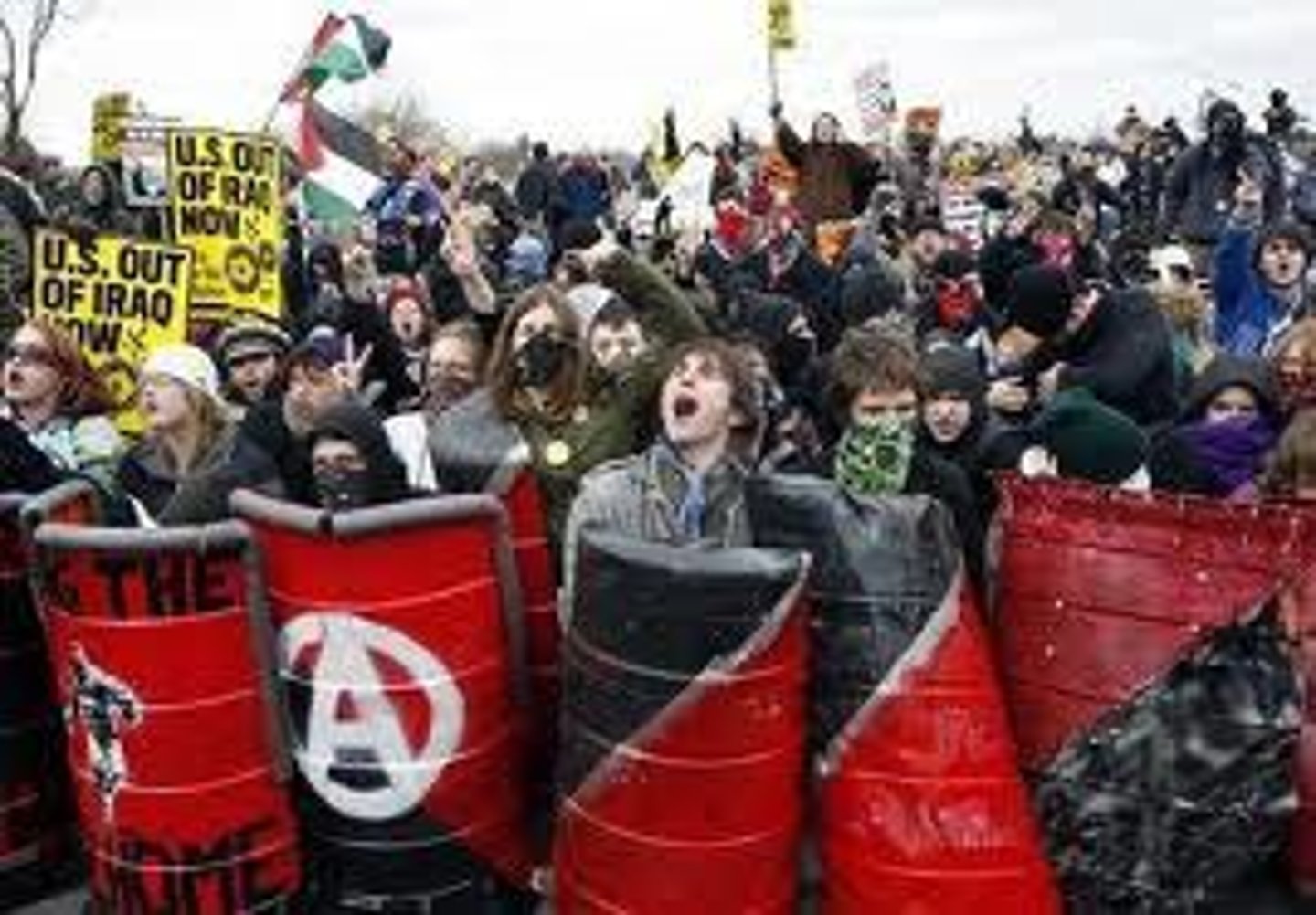
Democratic system
People hold power, freedom of speech, right to vote, press can express opinions
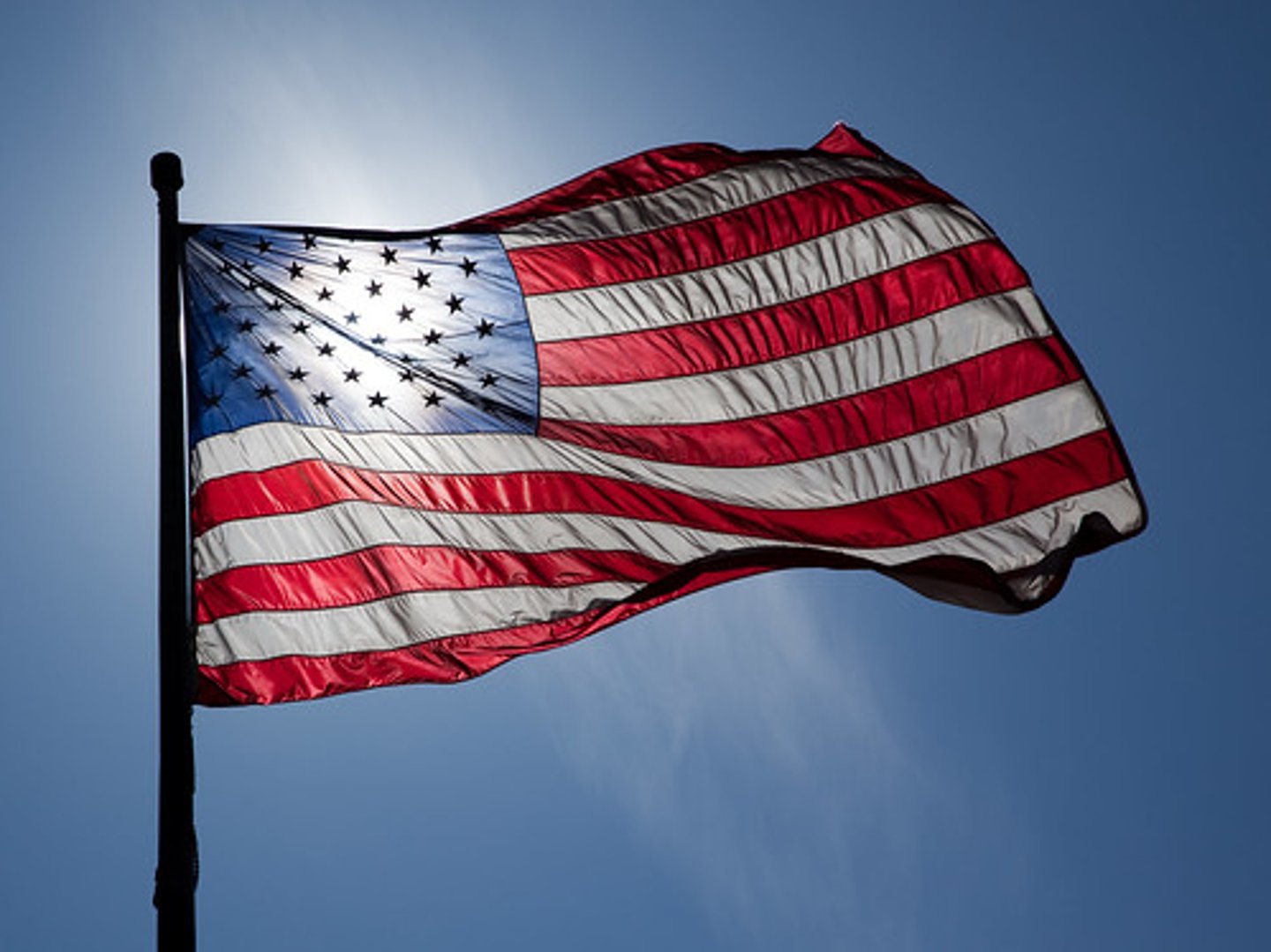
Authoritarian system
One person or group holds power, no freedom or fixed elections, press is controlled by government
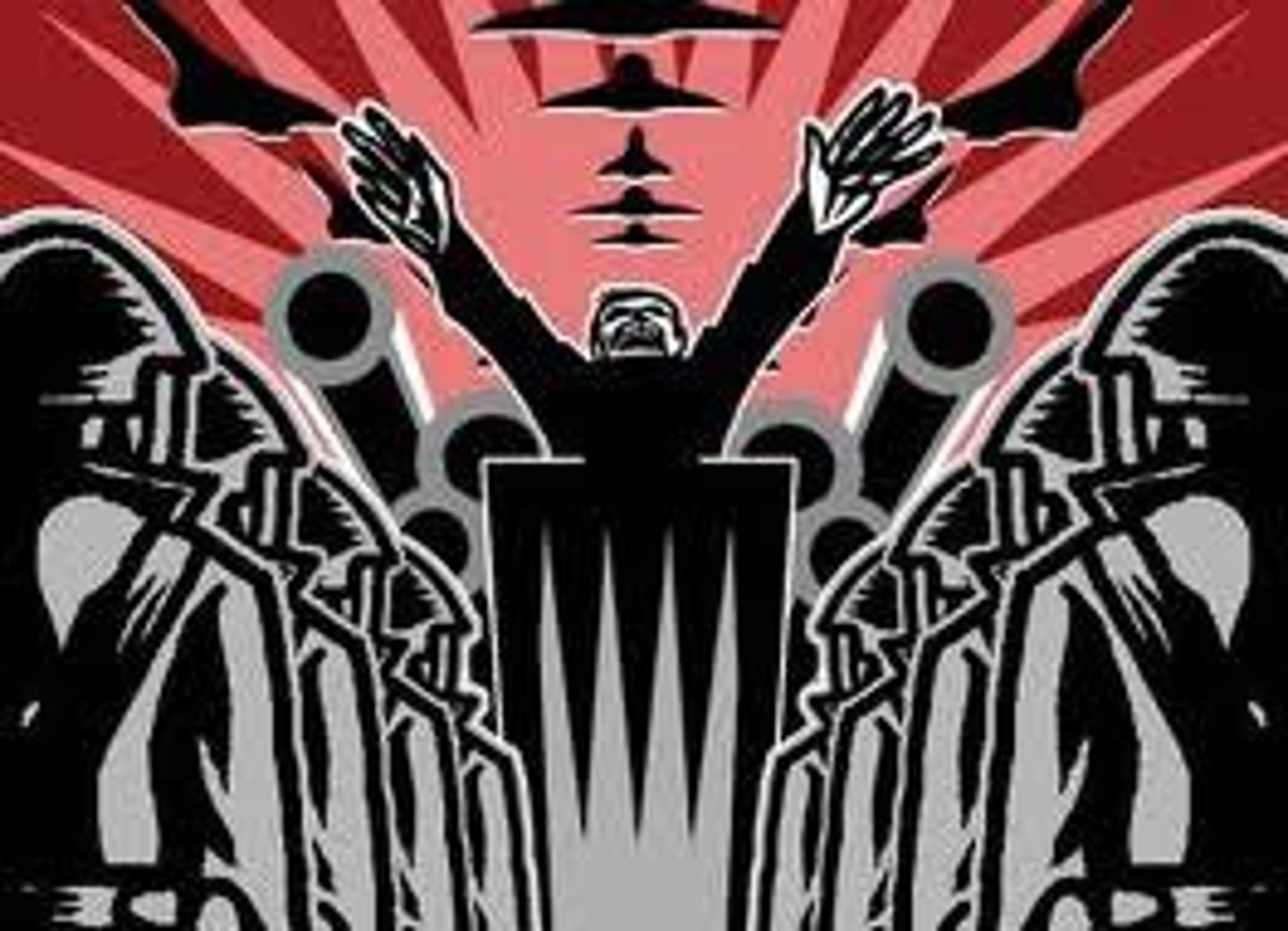
Politics and HDI in Mali
Mali is both authoritarian and democratic. There is a low HDI score because:
- The literacy rate is low, so representative elections can be difficult since reading is required
- Poverty is high
- Poor sanitation
Politics and HDI in Pakistan
Pakistan is both authoritarian and democratic. There is a medium HDI score because:
- Plans have been poor in handling economic problems
- Free education is being provided
- The healthcare system struggles though improves over time
Politics and HDI in Denmark
Denmark is fully democratic. There is a high HDI score because:
- Public services such as education and healthcare are free of charge
- Taxes are used to improve the quality of life for citizens
United Declaration of Human Rights (UDHR) consists of:
Freedoms, Civil/Political rights, Economic rights, Social rights, Cultural rights, Basic rights
Why has the UDHR been criticized by other countries?
The UDHR reflects on Western values and may not consider other cultural values
The effects of disasters on human rights and how the UN helps out
Natural or man-made disasters are likely to deprive people of human rights. The UN helps out by supporting projects that resolve issues
UN Charter
Principles of UN member states
Function of UN Charter
Prevents force that goes against the purposes of the UN
ICCPR
Covenant that makes sure parties estabilish civil and political rights
Functions of ICCPR
Stating that countries need to improve, deciding that countries may have to compensate
International law
Enforced by an organisation and respected by all member states, so that their relations are binded
UN Secretariat
Overseas policies and day to day operations
UN General Assembly
Where ideas are brought up for discussion
UN Security Council
Maintains international peace
UN Economic and Social Council
Promotes higher standard of living, human rights and economic development
UN International Court of Justice
Resolves disputes, including territorial disputes and human rights violations